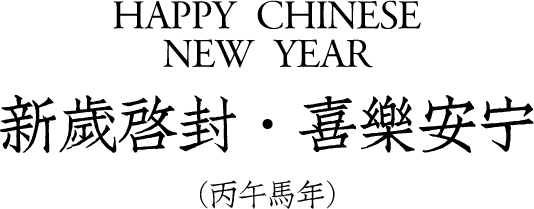"百犬同槽而食,一犬不至,百犬不食" "A hundred dogs share the same trough; if one is absent, the rest will not eat." This ancient saying embodies the extraordinary unity of the Yimen Chen family.
📖 Introduction
The Yimen Chen (义门陈) lineage represents one of the most extraordinary examples of collective living and Confucian family values in Chinese history. For over three centuries (731-1062 CE), this remarkable family maintained unity across fifteen generations, with thousands of members sharing property, meals, and daily life under a single household system.
At its peak, the Yimen Chen family comprised over 3,900 individuals living together without private property or separate kitchens. Their achievement attracted imperial recognition from successive dynasties and praise from renowned scholars including Ouyang Xiu, Su Shi, Huang Tingjian, and Zhu Xi.
The family upheld core Confucian values of loyalty, filial piety, integrity, and righteousness. Their governance system, codified in the famous "33 Family Rules," became a model for family management throughout China. The saying "天下陈氏出江州" ("All Chen families under heaven originate from Jiangzhou") reflects their lasting influence, as descendants from the 1062 CE division now inhabit communities across China and beyond.
🏛️ Historical Origins
Founded: 731 CE (Tang Dynasty, Kaiyuan 19th year) Location: Putang Village, Jiangzhou (present-day Yimen Village, De'an County, Jiangxi Province) Founder: Chen Wang (陈旺)
The lineage traces its ancestry to Chen Baxian (陈霸先), the founding emperor of the Chen Dynasty (557-589 CE). Chen Wang, a descendant of Chen Baxian's brother Chen Tanxian, established the family settlement in what would become known as Yimen (義門, "Righteous Gate").
🌟 Remarkable Achievements
The Yimen Chen family created an unprecedented model of collective living that astonished the entire nation and was celebrated by emperors and scholars alike.
Key Facts
- Duration: 15 generations living together (332 years, approximately 731-1062 CE)
- Population: Grew from 700+ members (947-957 CE) to 3,900+ members by 1062 CE)
- Shared Living: All members shared meals from a common kitchen and held no private property)
- Core Principles: "室无私财,厨无别爨" (No private wealth in rooms; no separate cooking in kitchens)
⚖️ Governance System
The Yimen Chen family established a sophisticated governance system characterized by fairness, education, and moral cultivation.
33 Family Rules (陈氏家法)
The family's 33 rules (陈氏家法) were so well-regarded that in 1026 CE, Emperor Renzong of Song ordered them to be preserved in the Imperial Archives and distributed to all high officials as a model for family governance.
These rules emphasized:
- Filial piety and respect for elders
- Collective property and equitable distribution
- Diligence and frugality
- Education and moral cultivation
东佳书院 (Dongjia Academy)
The family founded the Dongjia Academy (东佳书院), one of China's earliest private higher education institutions. The academy was renowned for its extensive collection of books and calligraphy, described as unparalleled in the region.
"八百头牛耕日月,三千灯火读文章" "Eight hundred oxen plow day and night; three thousand lanterns illuminate the study of literature." — Song Dynasty official Lv Duan, describing the family's prosperity and dedication to education
🌍 The Great Division (1062 CE)
In 1062 CE (Song Dynasty, Jiayou 7th year), after the family population exceeded 3,900 members, Emperor Renzong—urged by prominent ministers including Wen Yanbo (文彦博) and Bao Zheng (包拯)—issued an imperial decree for the family to divide.
The Division Process
The division took nine months to plan (July 1062 to March 1063). The family property was divided into:
- 291 estates spread across 16 provinces and 125 counties
- Each branch drew lots to determine their new locations
- Branches used a 12-character generational naming system bestowed by Emperor Taizong: "知守宗、希公汝、才思彦、承延继"
🌟 Modern Legacy
Today, the Yimen Chen lineage continues to be a source of pride for millions of descendants worldwide.
Notable Descendants
Many prominent figures in modern Chinese history trace their ancestry to the Yimen Chen division, including:
- Chen Duxiu (陈独秀) - Co-founder of the Chinese Communist Party
- Chen Yi (陈毅) - Marshal of the People's Republic of China
- Chen Yun (陈云) - Former Vice Premier of China
- Chen Geng (陈赓) - General in the People's Liberation Army
Cultural Preservation
Efforts to preserve and celebrate the Yimen Chen heritage include:
- Annual family reunions bringing together descendants from around the world
- Restoration of ancestral halls in Yimen Village, Jiangxi Province
- Publication of genealogical records documenting the 291 branches and their migrations
- Academic research into the family's unique governance system and Confucian values
